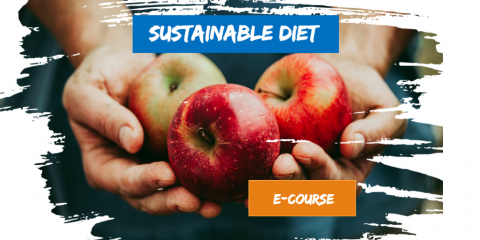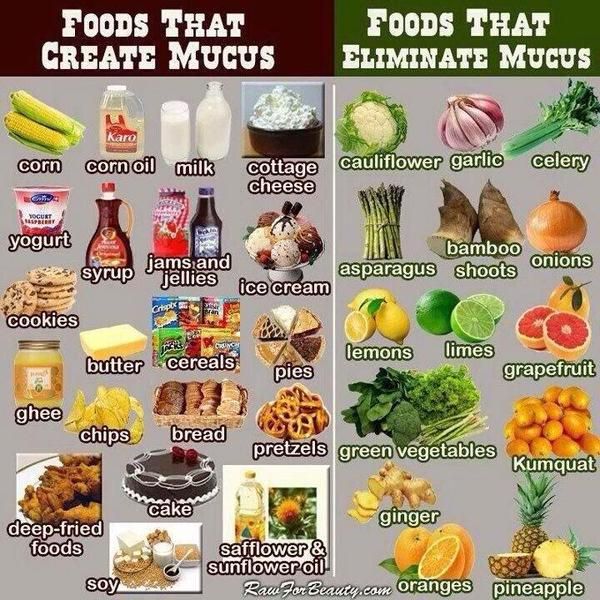
A healthy diet for children includes fruits and vegetables. The majority of fruit and vegetable are good sources for protein, vitamin A, vitamin D, and B12 as well as iron. Some eggs are even fortified with omega-3 fatty acids, which help improve brain development in kids. A cup of fruit contains about a dozen or so calories, and most fruits are cut into small pieces. Fruit can be served fresh or dried with peanut butter.
Juice should be served in moderation - one or two servings per day if you want to keep your child's sugar intake under control. Serve your child real fruit instead of juice. It will provide fiber and other healthy nutrients for their diet. They may drink too many juices between meals which could be dangerous for their health. Too much sodium can lead to high blood pressure and heart disease. Most processed foods have high sodium levels.

A new study found that 60% of food products sold to children were unhealthy. Surveying 156 products, researchers discovered that more then half of them had added sugar, 15 percent had saturated fat, seven percent had sodium, and one-third had both. The researchers also examined the labels that companies use to label their "healthier foods" and the ingredients they contain. A study found that these foods were highly processed, and even the ingredients were not listed. They also lack the essential vitamins, minerals that children need to grow strong and healthy.
Parents should be aware of the health risks associated with sugary and processed foods. This problem can be avoided by parents focusing on a healthy diet and providing whole foods. Focus on healthy foods and stay away from processed foods. Instead, they should encourage them to eat foods rich with vitamins and minerals. This will encourage positive eating habits for the future. There are many ways you can encourage your child's love of vegetables and fruits. Help your child set a good example by giving them a healthy lifestyle.
It is important to give children a varied diet, including fruits and veggies. Also, limit their intake of juice. Each meal should contain at least one serving of each. Children should consume at least one serving of each fruit and vegetable per day. This can be as little as one cup for toddlers, up to three cups for boys aged 14 and older. A good source of fats for children is omega-3 fatty fish and flaxseed. Certain fruits and veggies are rich in fiber and antioxidants.

Milk is an excellent source of calcium and vitamin D, and it helps build strong bones. It also contains around 8 grams of proteins. Dairy products should be restricted to children under 2 years old. Children should limit their intake to eight ounces of cow’s milk per day. After this age, you can replace cow's milk by low-fat milk. Although cheese and yogurt might not be considered healthy, they provide great sources calcium and vitamin A.
FAQ
What if I exercise and drink alcohol?
Yes. Alcohol increases energy expenditure, speeds up recovery times, and reduces soreness.
It also increases insulin sensitivity. This makes it easier and faster to absorb glucose.
However, alcohol can cause dehydration, which can slow down your metabolism. You may also experience a reduction in testosterone production which can lead to decreased muscle-building potential.
This is why women shouldn't have alcoholic drinks before exercising. Women who are heavily alcoholic should wait at minimum 24 hours before starting to work out.
The best thing for women who are pregnant is to avoid alcohol.
Men should have no more than one drink per day.
What is a good seven-day workout routine?
A seven-day exercise program should consist of three days per week of cardiovascular training (running, biking, swimming), two strength exercises (using free weights, weight machines), and one flexibility/core workout (yoga, Pilates). Each activity should be performed at least once each week. Each session should last no more than 45 minutes.
Cardiovascular Exercise: Running, Biking, Swimming
It is important to complete at least 60 minutes of cardio per week. Aim for 75 minutes per week to get the best results. Cardio exercises can increase blood flow and stimulate the growth of muscles.
Strength Training
Cardio exercises focus on the heart and lungs while strength training targets muscles and bones. Strength training increases lean muscle mass and helps to burn calories even at rest.
Flexibility & Core Workouts
Flexibility and core workouts are great ways to strengthen your entire body. Both yoga and Pilates are excellent options.
How many calories should I consume daily?
This varies from person to person. On average, between 2000 and 2500 calories a day. Based on your age, gender, height and activity level, you will need to calculate how many calories you require.
Is it true?
Protein is important for maintaining healthy bones and tissue. Too much protein can cause calcium to be excreted through the urine. This can cause kidney stones.
It is important that you note that not all people develop kidney stones when they consume more than 2 grams of protein per kg (2.2 pounds). Some people can eat high amounts of protein without getting kidney stones.
Watching your sodium intake can help prevent kidney stones. Sodium regulates the water balance of the kidneys. Too much sodium results in a higher risk of developing kidney stones.
If you have kidney stones, you can reduce your intake of protein. About half of adults' daily caloric intake is made up of protein. It is possible to lose weight by cutting down on your intake of proteins.
If you do decide to eat more protein, don't go overboard. Try to eat less than 20% protein in total calories.
Statistics
- The PRS enabled risk stratification for overall prostate cancer and lethal disease with a four-fold difference between men in the highest and lowest quartiles (HR, 4.32; 95% confidence interval [CI], 3.16-5.89). (pubmed.ncbi.nlm.nih.gov)
- Candidates and applicants must pass all four tests at 70% (minimum level) to graduate from Basic Deputy U.S. Marshal (BDUSM) Training. (usmarshals.gov)
- By John Thompson Take a whopping 38% off a set of PowerBlock Pros. (menshealth.com)
- According to the American Academy of Dermatology (AAD), men over 50 are at a heightened risk of developing it. (healthline.com)
- According to the American Heart Association, blood pressure should be checked at least once every two years, beginning at age 20. (my.clevelandclinic.org)
External Links
How To
How to Eat Well with Men
Instead of eating three large meals a day, eat small meals. You'll spend less time waiting for your food to be digested. You'll be less likely to overeat later.
Avoid snacking before bedtime. It is a good idea to avoid snacking late at night. This will make you hungry and cause you to eat too much the next morning.
Take a snack about an hour before you go to bed.
Avoid "snack attacks," where you grab something to eat whenever you feel hungry. This is especially dangerous for overweight people.
Be sure to balance your meals. If you skip breakfast, make sure you don't overdo it at lunch and dinner.
Losing weight can be achieved by cutting back on calories.
You can cut out caffeine, alcohol, and nicotine. Both can alter the way your body processes nutrients.
Get enough rest. Sleep deprivation makes people crave junk food.
Exercise regularly. Exercise improves your mood, boosts energy levels, and burns extra calories.
Take care of yourself mentally. Overeating can lead to weight gain.
Relax. Relaxation can be achieved through meditation and yoga.
Keep track everything you eat. Write down everything that goes into your mouth.
Remember to take supplements! For most men, they don't consume enough vitamins or minerals to be healthy.
Daily multivitamin intake is recommended. A daily multivitamin can prevent deficiencies in certain key vitamins and minerals.
Consider taking a vitamin D supplement. It can help prevent scurvy, strengthen your immune system, and keep you healthy.
Include zinc in your diet. Impotence can be caused by zinc deficiency.
Water is essential. Limit your fluid intake to 1.5 liters daily (about 4 cups).
Reduce salt intake. Sodium raises blood pressure and leads to heart disease.
Stay away from trans fat. Trans fat has been linked a higher rate of obesity, diabetes, and other heart diseases.
Best Male Enhancement Products for 2018 – Best Male Enhancement Tablets Reviews
There are many different types of male enhancement products available today. Some products work well while others provide no real results. This article will help you find the best male enhancement drugs that actually work.